How does the digital accounting system favored by blockchain connect with agriculture, one of the oldest traditional sectors?
The desire of customers and shareholders
Agriculture is today the market area that can derive the greatest benefits from the use of blockchain technology.
Because? First of all, because customers and shareholders are showing a growing interest not only in the origin of food, but also in the supply chain and related destinations. And the blockchain ensures all of this.
An immutable register
The blockchain is in fact by definition a shared and immutable register that facilitates the process of recording transactions and tracking assets in a business network.
It provides immediate and transparent information, stored in an unchangeable register. In other words, it guarantees the tracking of orders, payments, accounts and above all production, generating greater trust in shareholders and consumers.
In favor of transparency
The blockchain allows you to collect a large amount of information: from the quality of the seed to the growth of the crop, up to the distribution path. The clarity of the process triggers a protection mechanism for producers who adopt environmentally friendly practices and who are often economically vulnerable.
A shared project
To fuel this dynamic, producers and processors along the supply chain need to enter information in the blockchain ledger.
A sort of digital ledger will thus be created, indicative of farm practices, the functioning of transport networks and commercial contracts.
And blockchain will not just highlight sustainable practices, it will help reduce cases of illegal manufacturing.
A promising combination
The blockchain is one of the many technologies that the primary sector is adopting in the direction of smart agriculture. The development of a system that facilitates and manages data is in fact central to the success of precision agriculture and food safety.
Growers and producers must not miss this opportunity. Those who participate in the blockchain will in fact increase their competitiveness in the consumer goods market.
Sources: blog.task.io, ibm.com


